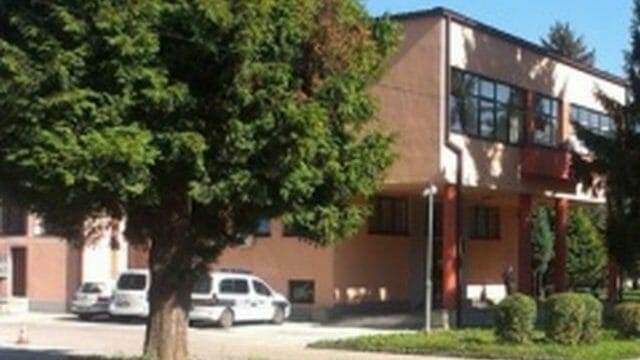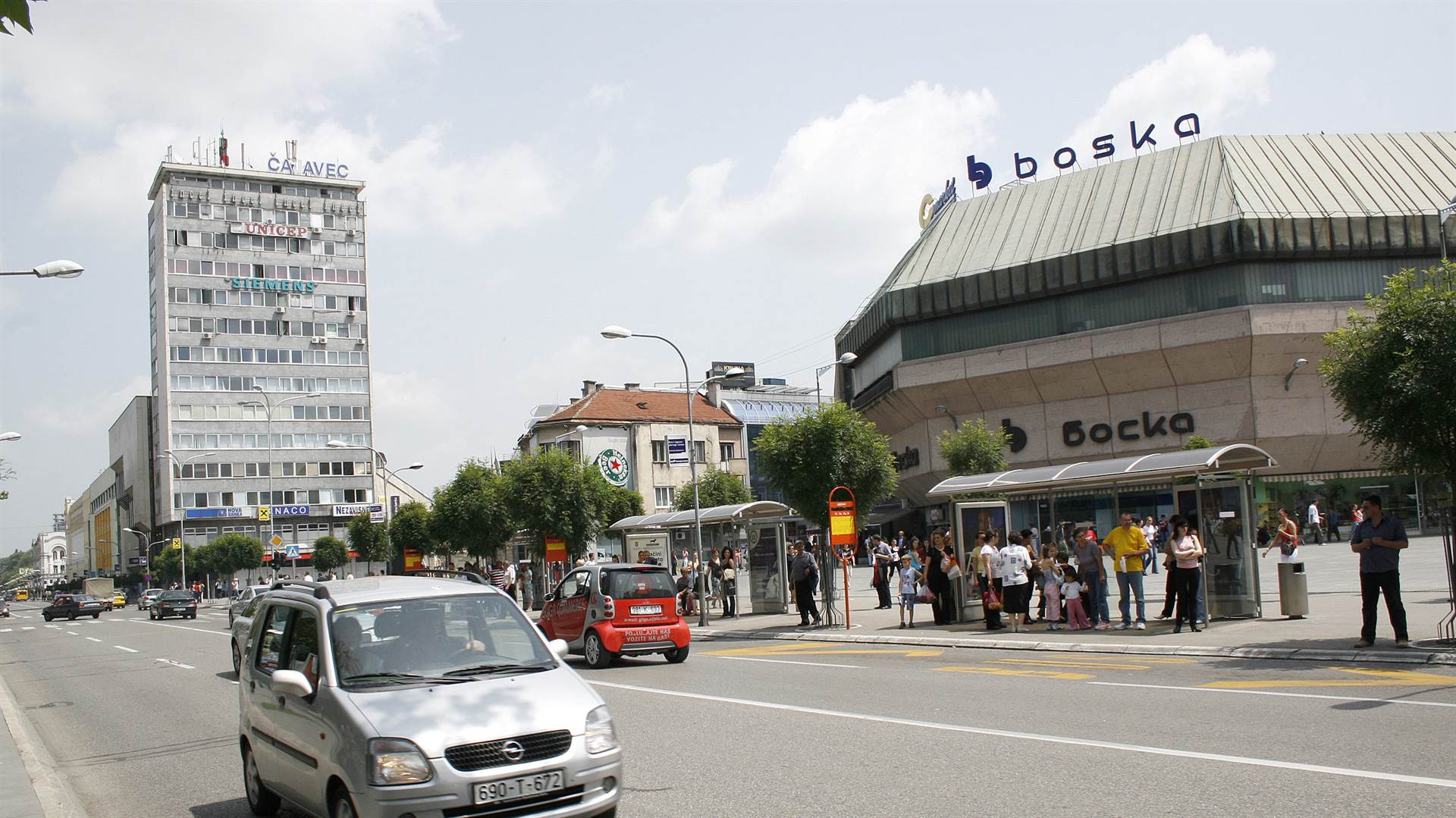This post is also available in: Bosnian
The prosecution on Tuesday asked for Mitrovic to be taken back into custody during his current retrial because he might flee or menace witnesses, but the defence objected, saying he did not intend to abscond.
Mitrovic, a former Bosnian Serb special policeman, was jailed for the killing of over 1,000 Bosniaks in Kravica after the fall of Srebrenica but was released last week after the constitutional court said he was wrongly sentenced using the 2003 Bosnian criminal code instead of the more lenient former Yugoslav code.
Prosecutor Ibro Bulic admitted that the constitutional court created a “legal vacuum” by quashing the verdict but argued that Mitrovic should be remanded because he demonstrated his unwillingness to take part in the first trial, when he staged a hunger strike.
“We have based our request on the European convention of human rights. Our opinion is that the convention foresees detention in certain situations in order to protect the right to justice and protection of state interests. We believe this situation meets the criteria,” Bulic said.
“We have witnesses who have shown fear because Mitrovic was released. One witness said: ‘Don’t call me, or ask for me, I don’t trust anyone anymore,’” he said.
Mitrovic’s lawyer Vesna Tupajic-Skiljevic argued however that there was no legal basis for custody and that her client had demonstrated his willingness to attend the trial by coming to Tuesday’s hearing.
She said it was unacceptable that the prosecution was quoting the European human rights convention when asking for detention while at the same time it was maintaining charges against Mitrovic under the Bosnian criminal code under which he was mistakenly tried before, which she described as “clearly a violation of human rights”.

